Renault won't continue development of high-level autonomous functions for cars, switching focus instead to offering self-driving public transport solutions.
The manufacturer said it already offers "top-level driving assistance on most of its models" but further development in this area is "unlikely for the time being, given current regulations, customer expectations and the cost of the complex technology involved".
In the case of private cars, level two or level two plus autonomous features like adaptive cruise control, overtake assistance and lane-keeping assistance help to "make its vehicles safe and pleasant to drive with confidence", Renault said.
However, there is a "significant technological complexity gap" between these functions and those that fall under level three categorisation, wherein "the vehicle must be able to operate safely in complex environments with limited driver supervision".
"At this stage, the induced cost to be borne by customers in relation to the driving benefits would make demand insufficient or even anecdotal," Renault said.
"Innovation only makes sense if it is shared, economically accessible and genuinely useful to as many people as possible."
In light of that, Renault is prioritising the development of high-level autonomous functions for shared public transport solutions, with plans to ultimately offer a 'robotised electric minibus' based on the new Renault Master van.
The move away from autonomous cars comes roughly seven years after Renault revealed the radical Symbioz concept as a showcase of its vision for what a level four autonomous car would look like in 2030 - complete with a retracting steering wheel and a virtual-reality headset for entertainment on the move.
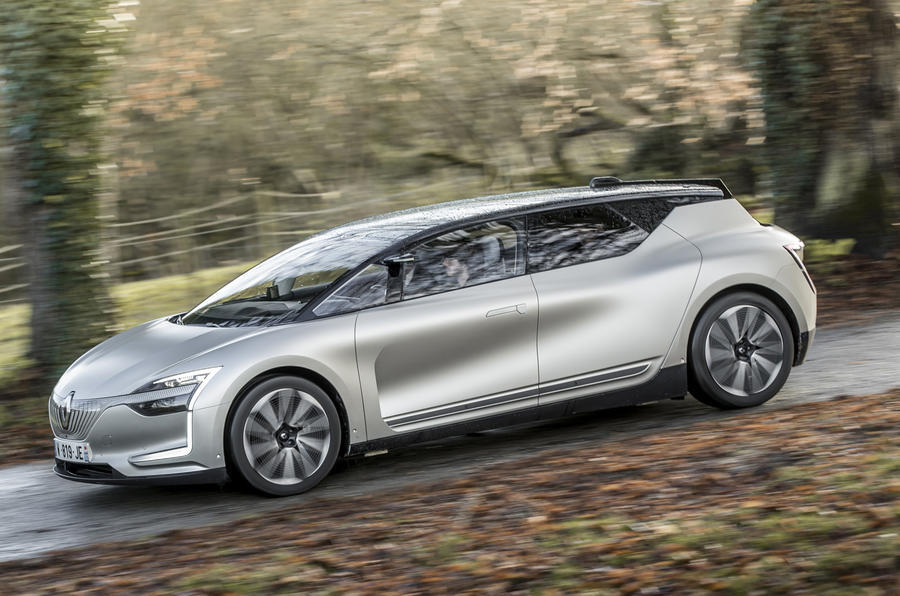
The firm said its new generation of self-driving minibus will be able to operate "24/7 in complete safety", providing a "zero-emission alternative or an efficient complement to existing solutions" like trains, trams and buses.
Renault acknowledged that the integration of advanced autonomy would make such vehicles more expensive to develop and build than their manually operated counterparts but said these could be offset by not needing a paid driver. Rather, an entire fleet of vehicles could be supervised remotely by a much smaller workforce.
Cementing this new ambition, Renault has partnered with Sino-American technology company WeRide (in which it has already invested through the Alliance's capital venture arm) to trial level four autonomous shuttles on public roads.

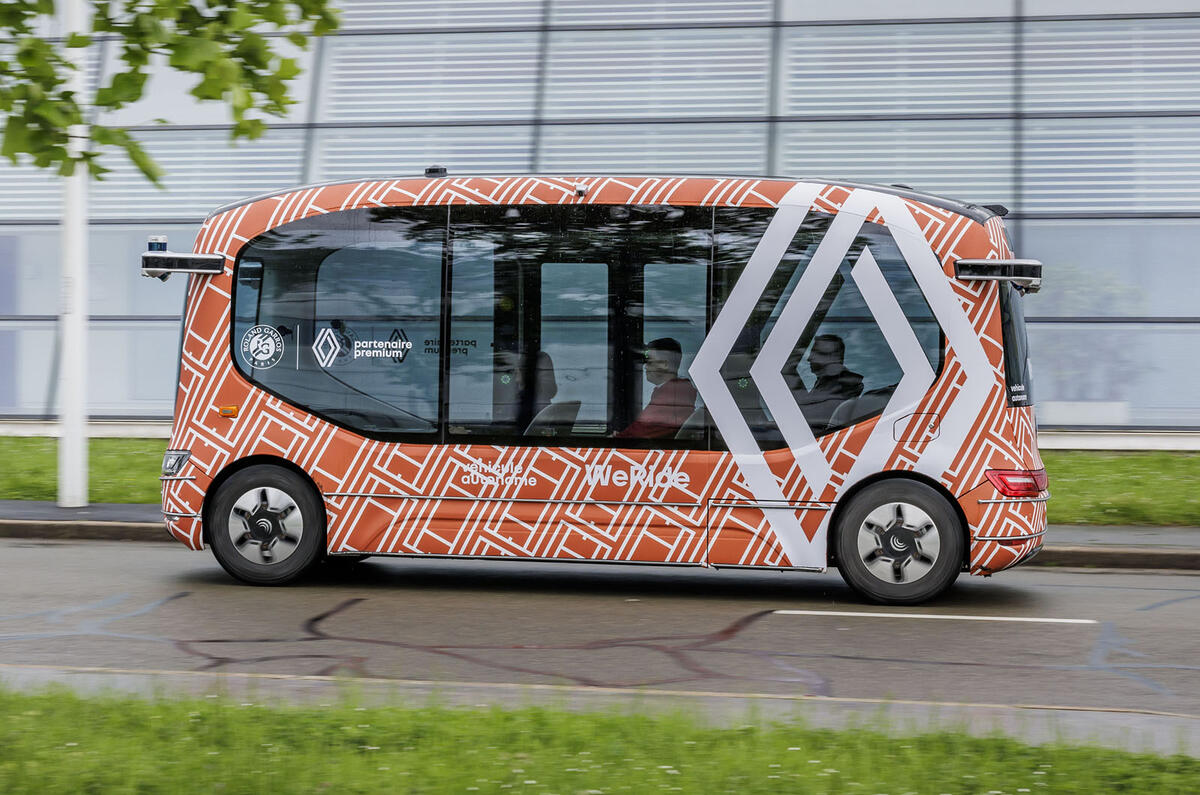
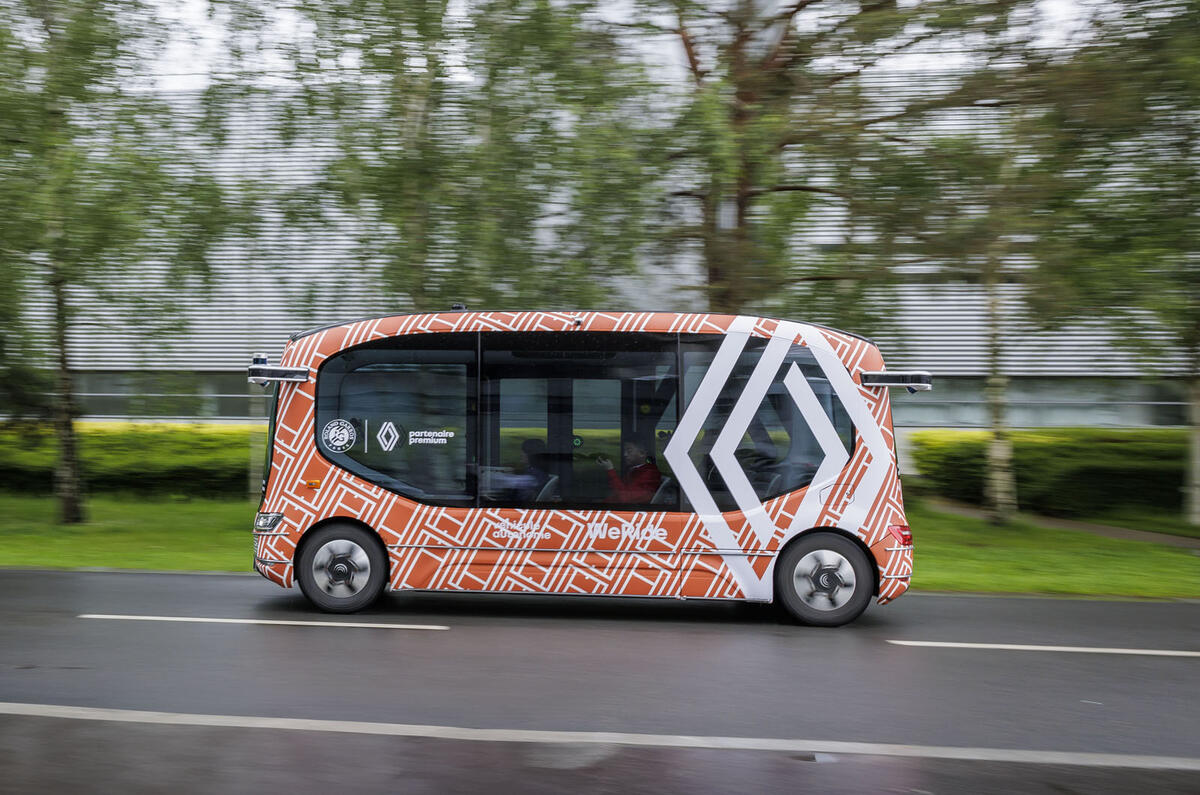
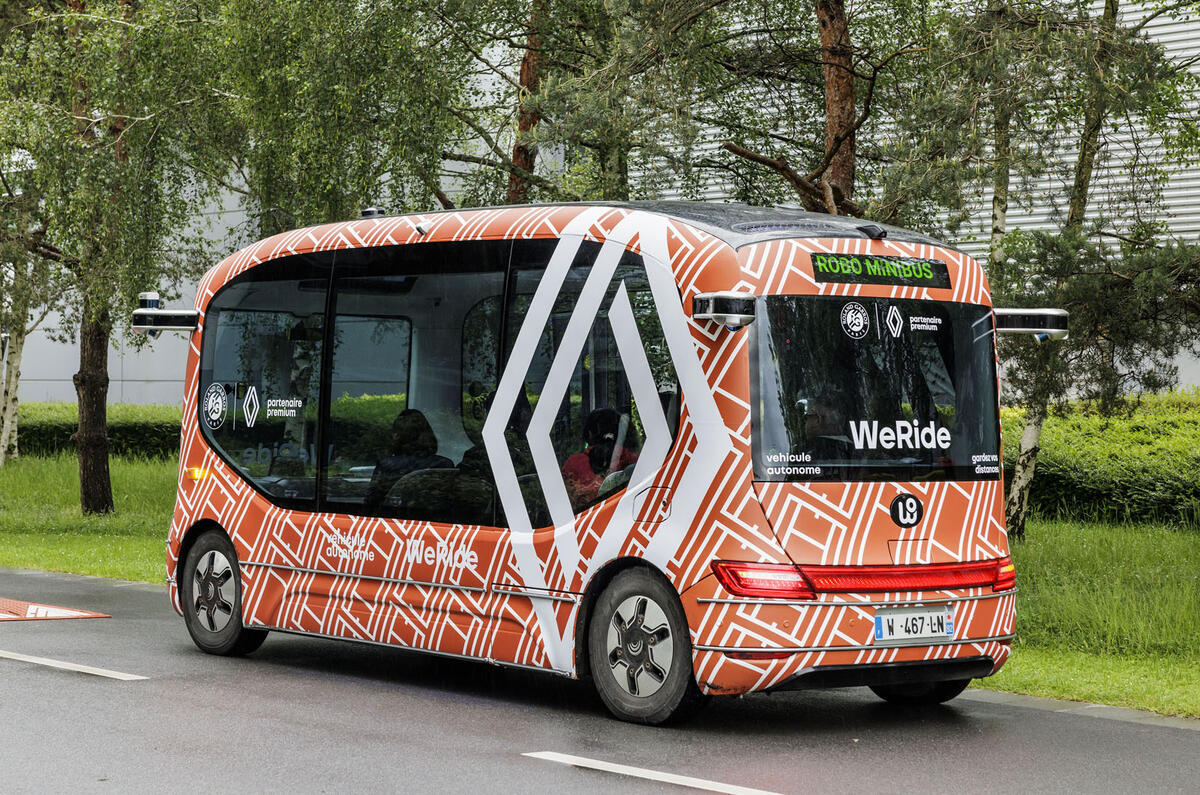
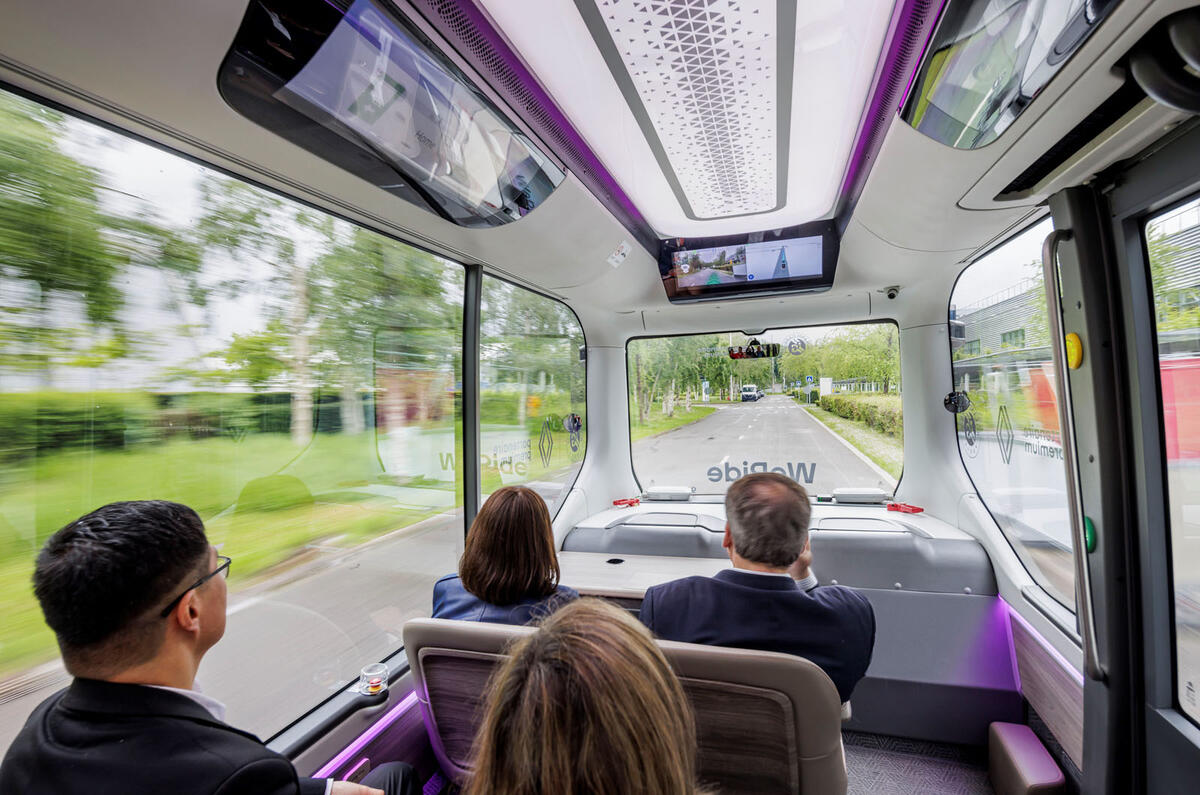
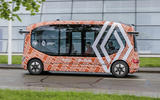
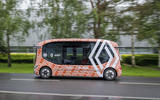
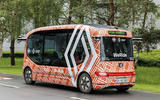
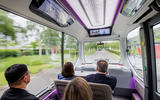

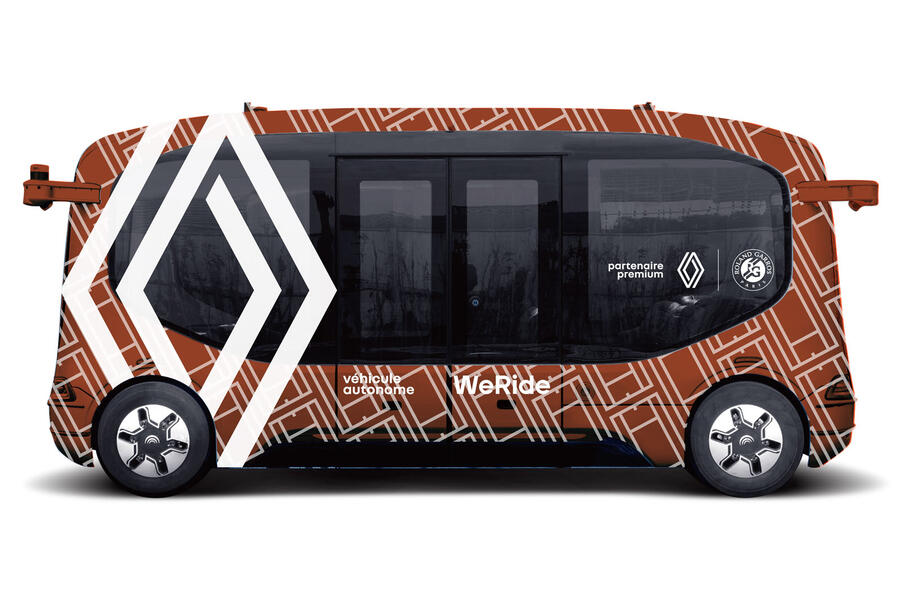





Join the debate
Add your comment
At last some common sense on autonomous rubbish that keeps getting pumped around. Are you listening Musk, bin the robotaxi before it bins Tesla.
That's all well and good ,but making public transport like this puts people out of jobs too, what do they do?get another job?on really, that simple?, and self driving Buses, how vandal prove are they?, what protocols are there if the Bus is being abused?, I don't fancy using a bus that's been turned into a mobile Urinal,no, I just see this as putting people on the Doll ,out of work.